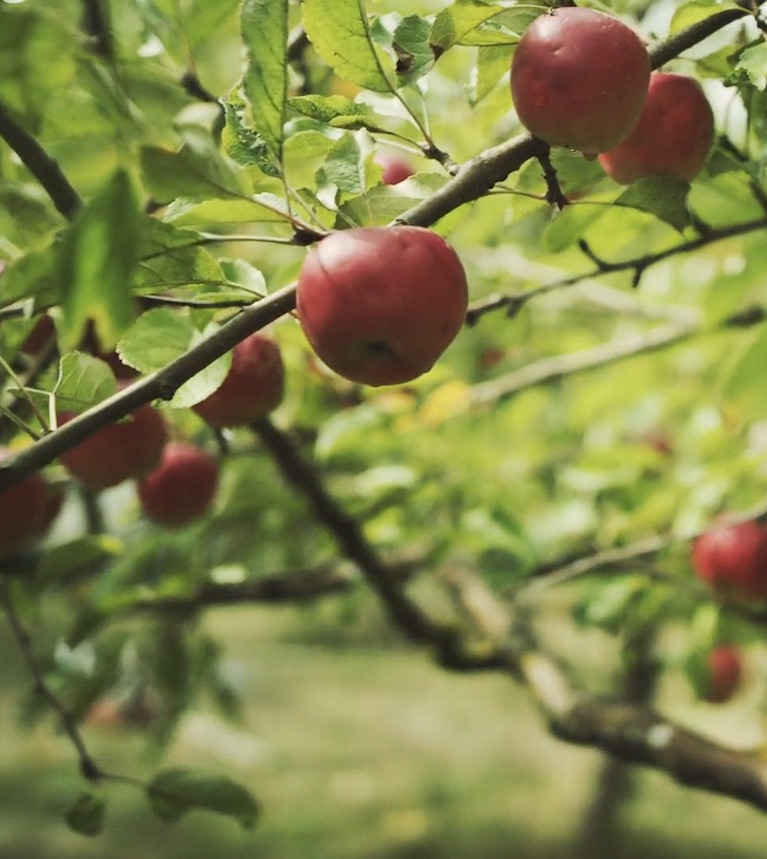
Organic labelling in British Columbia
It’s easy to tell if a food product is truly organic in BC. Thanks to our province’s mandatory Organic Certification Regulation, which came into effect in 2018, all food products marketed as organic must be certified through a provincial or federal program. That means if you see the word ‘organic’ on a food product in BC, you’ll know it’s certified organic and has been grown or made according to rigorous standards.
Overview of the regulationsKnow the logos
Organic products in British Columbia will either bear the BC Organic stamp or the Canada Organic logo.
British Columbia Certified Organic logo
This logo is the official symbol of the British Columbia Certified Organic Program (BCCOP). It’s used to identify products produced and sold in BC with 95-100% organic ingredients, from operations that are certified by Organic BC accredited certification bodies.
Learn more about the BCCOP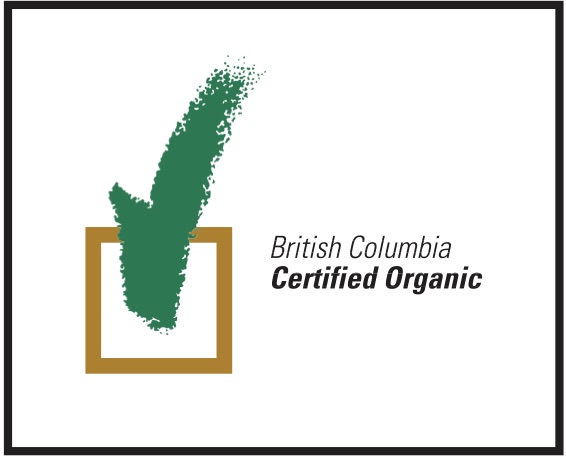
Canada Organic Logo
The Canada Organic logo is used on products certified under the Canadian Organic Regime (COR), Canada’s national regulated system for organic agricultural products. Products bearing this logo must contain 95-100% organic content and can be sold across Canada and internationally.
Learn more about COR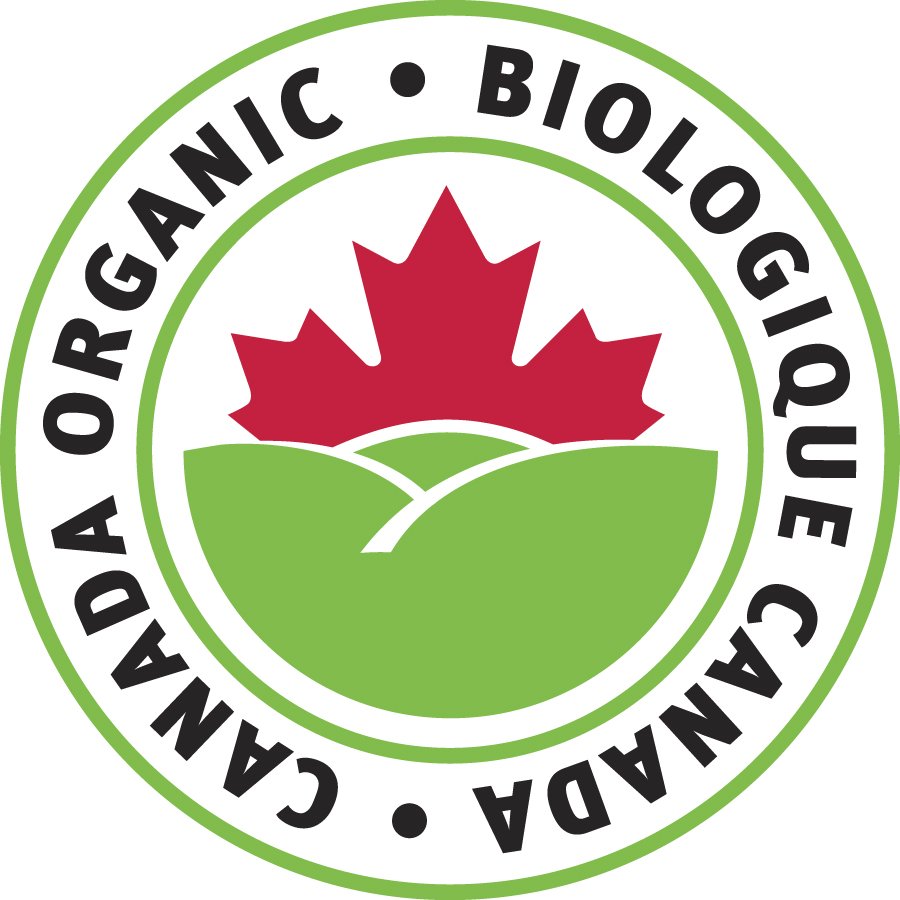
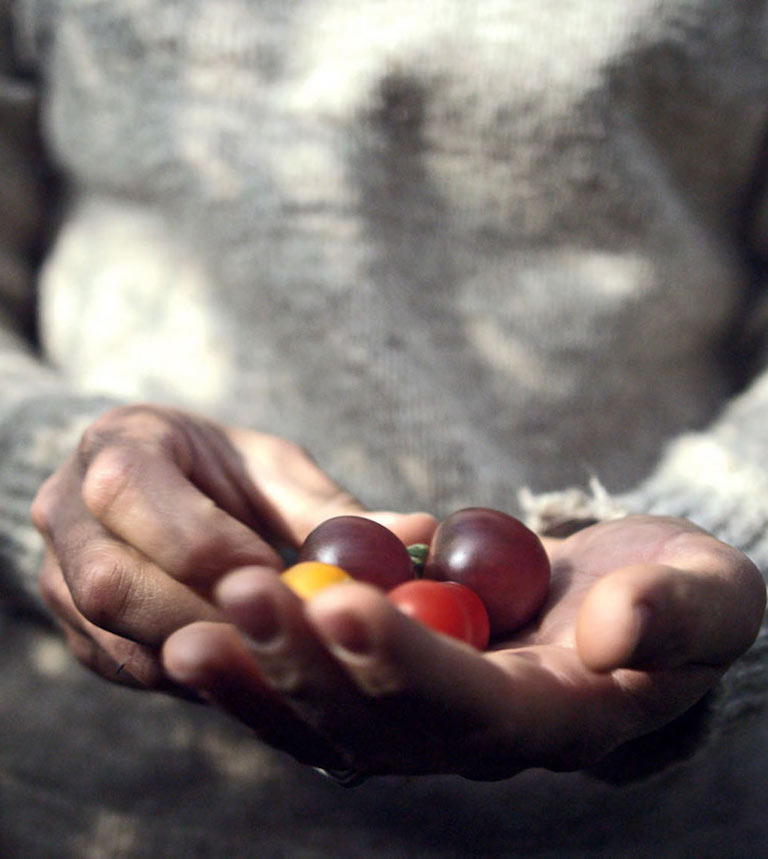
No logo?
Displaying an organic logo on a product is voluntary, so another way to know if a product is organic is to look for a ‘certified by’ or ‘certified organic by’ statement on the label identifying the certifying body.
You can also use our organic directory to view certified organic operations throughout British Columbia.
Visit the directoryEquivalency Arrangements
In addition to the British Columbia Certified Organic Program logo and the Canada Organic logo, you may also notice international organic symbols, such as the USDA and EU organic logos.
Canada has several organic equivalency arrangements with other countries. These arrangements are trade agreements and are established only after assessing and comparing the organic regulatory systems, including standards, of both countries. Once an organic equivalency arrangement is in place, products from approved countries are considered to meet Canadian organic requirements.
For a full list of Canada’s organic equivalency arrangements, please visit the CFIA website.
Visit the CFIA website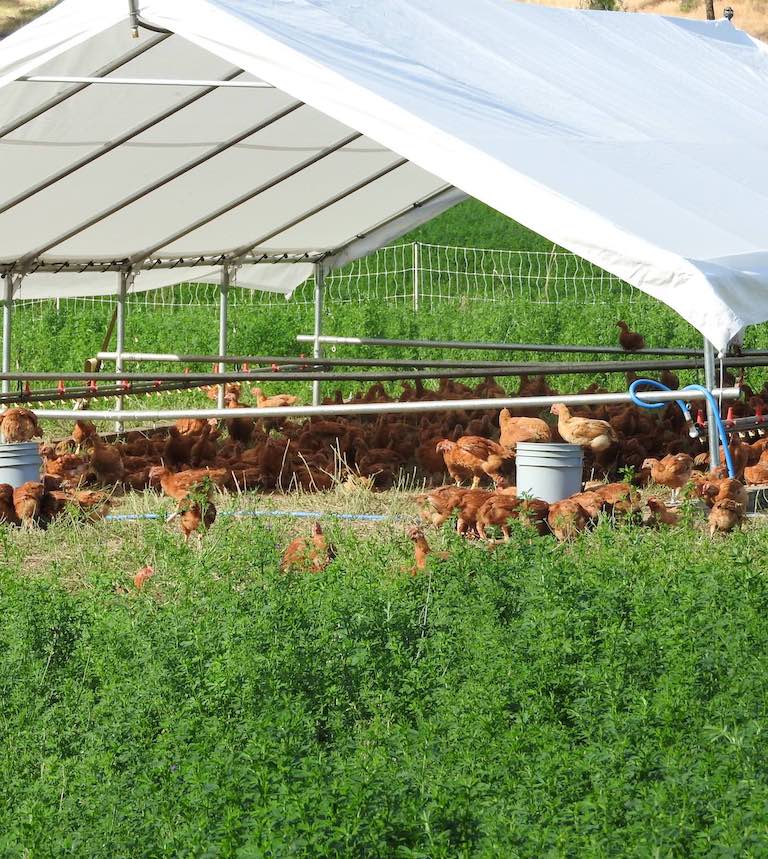
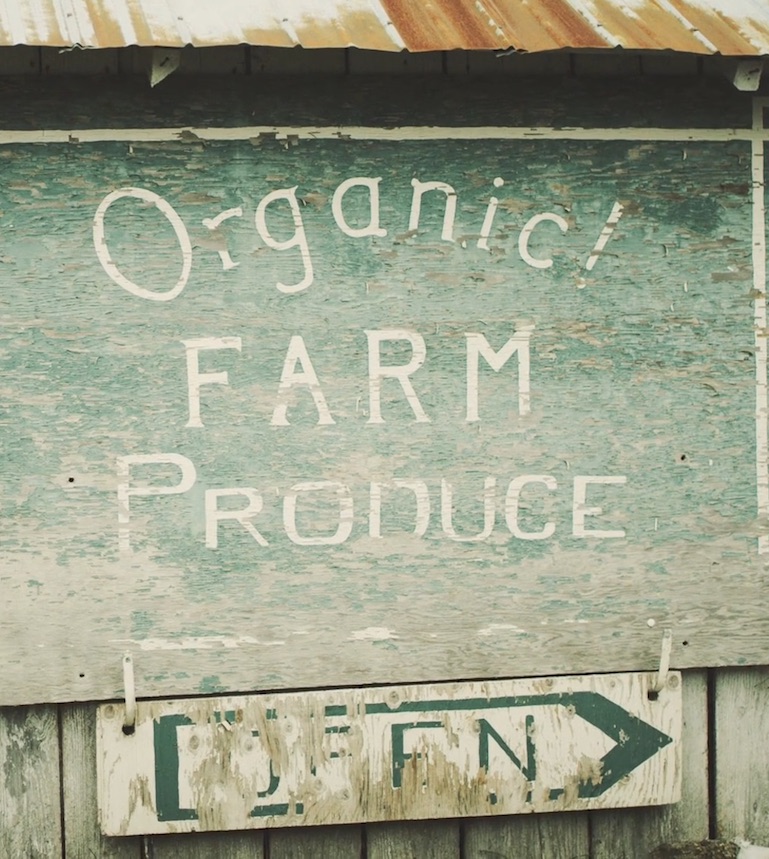
False labelling & logo misuse
Because the term “organic” is a protected label in British Columbia, uncertified operators whose products carry the organic label could face penalties including fines.
Examples of misuse of the organic label by an uncertified operator include:
- Using the word “organic” in marketing materials
- Using the BCCOP logo and/or the Canada Organic logo
Have you discovered a person or company who is falsely marketing their products as organic in British Columbia?
Here's what to do
